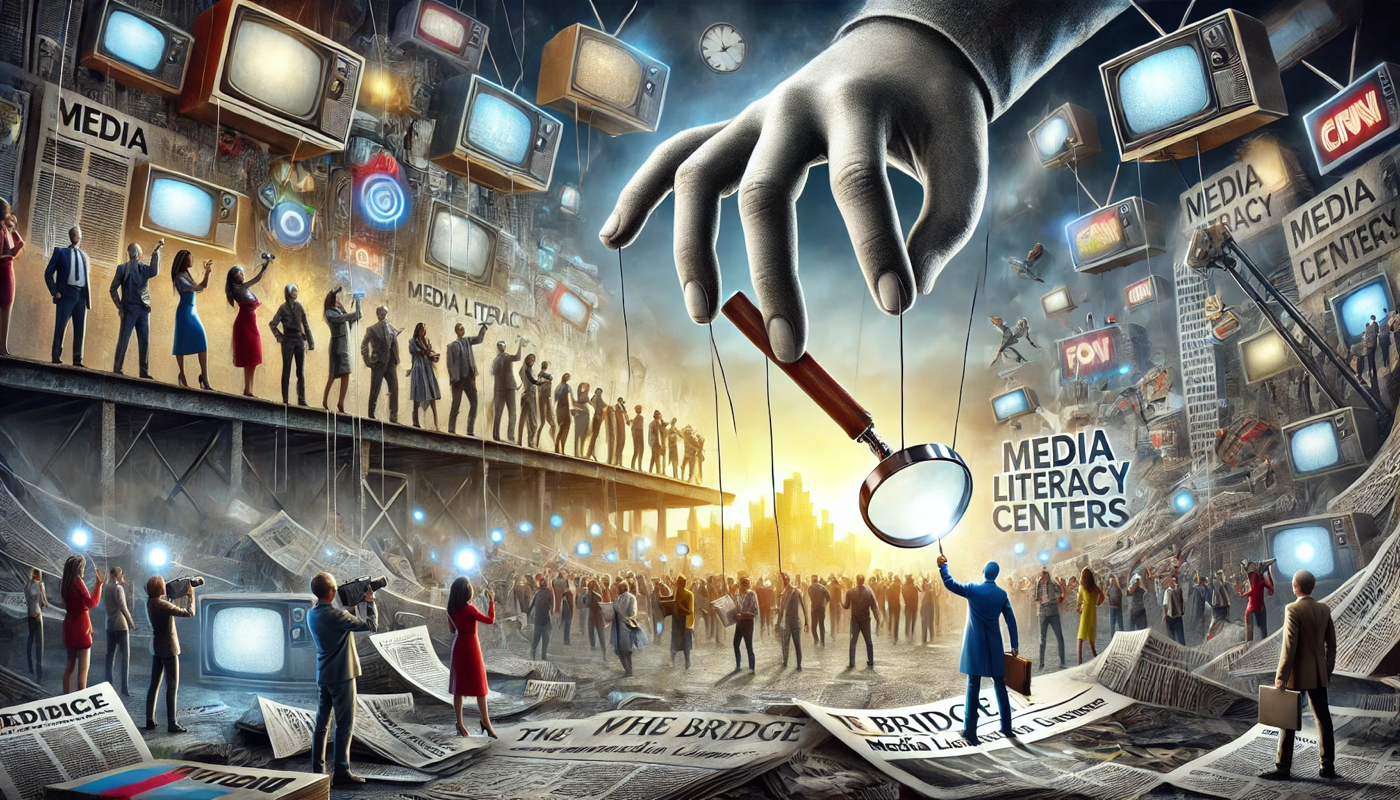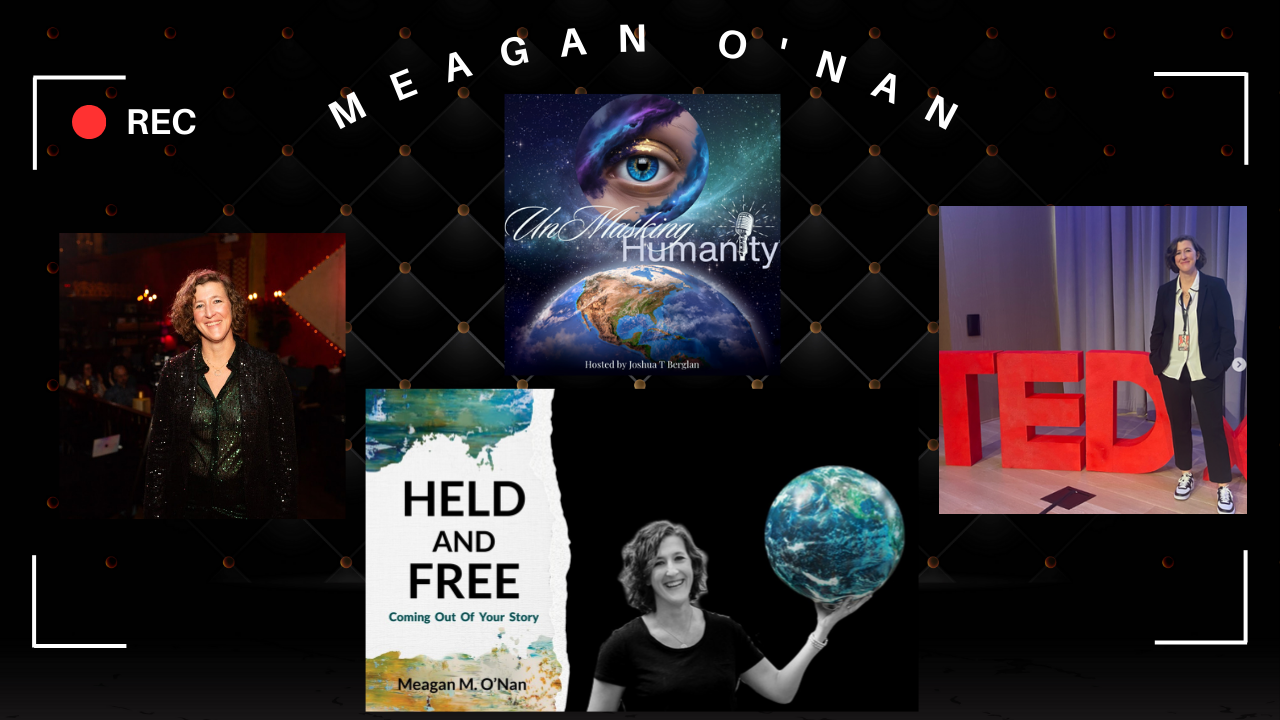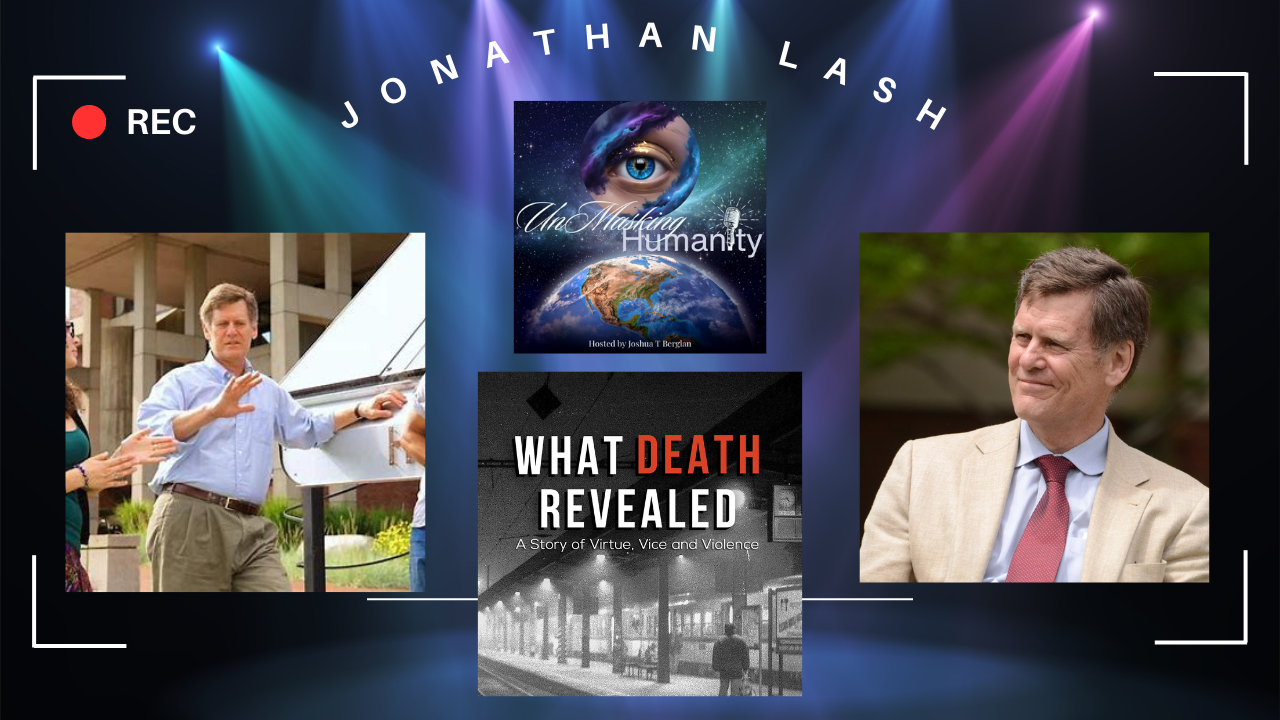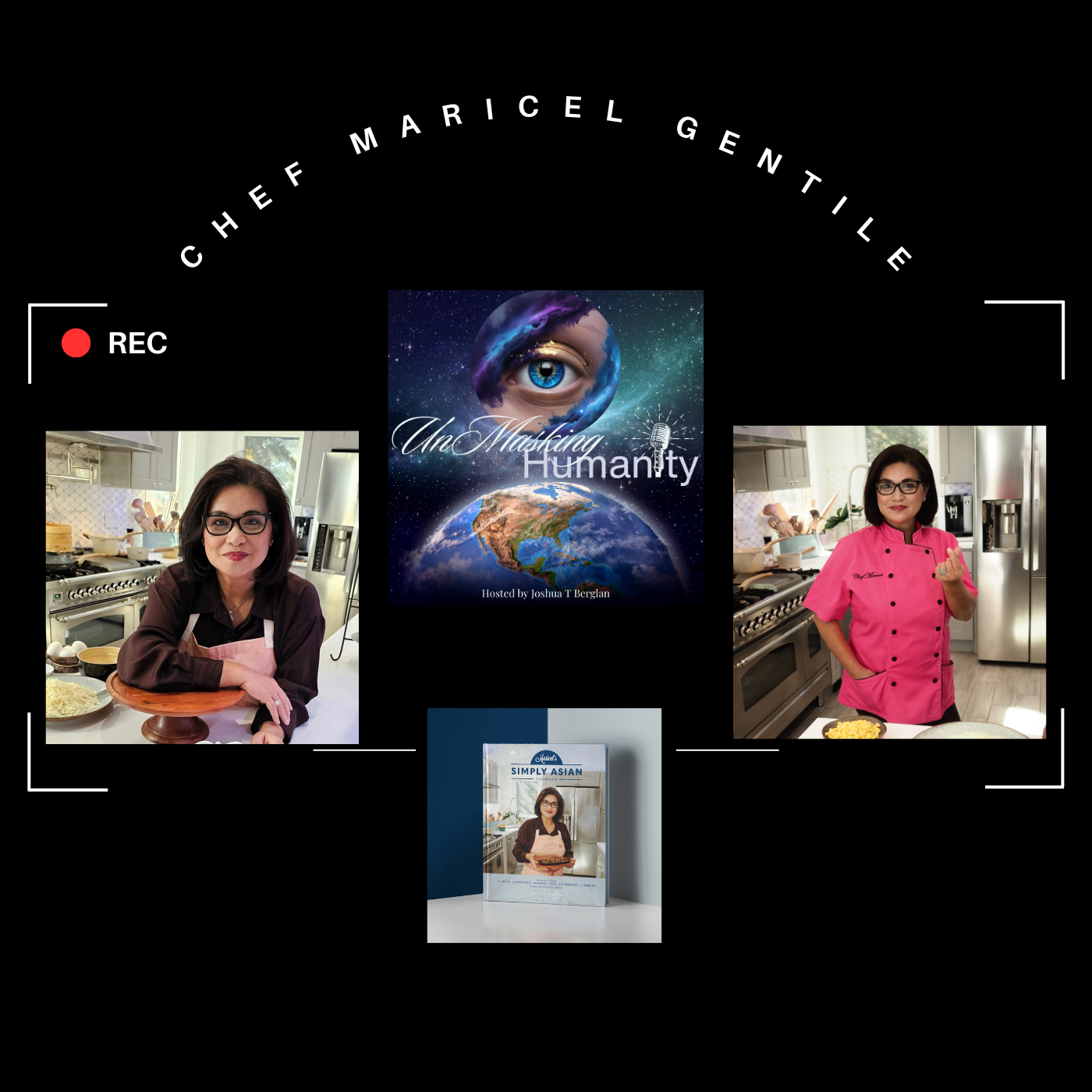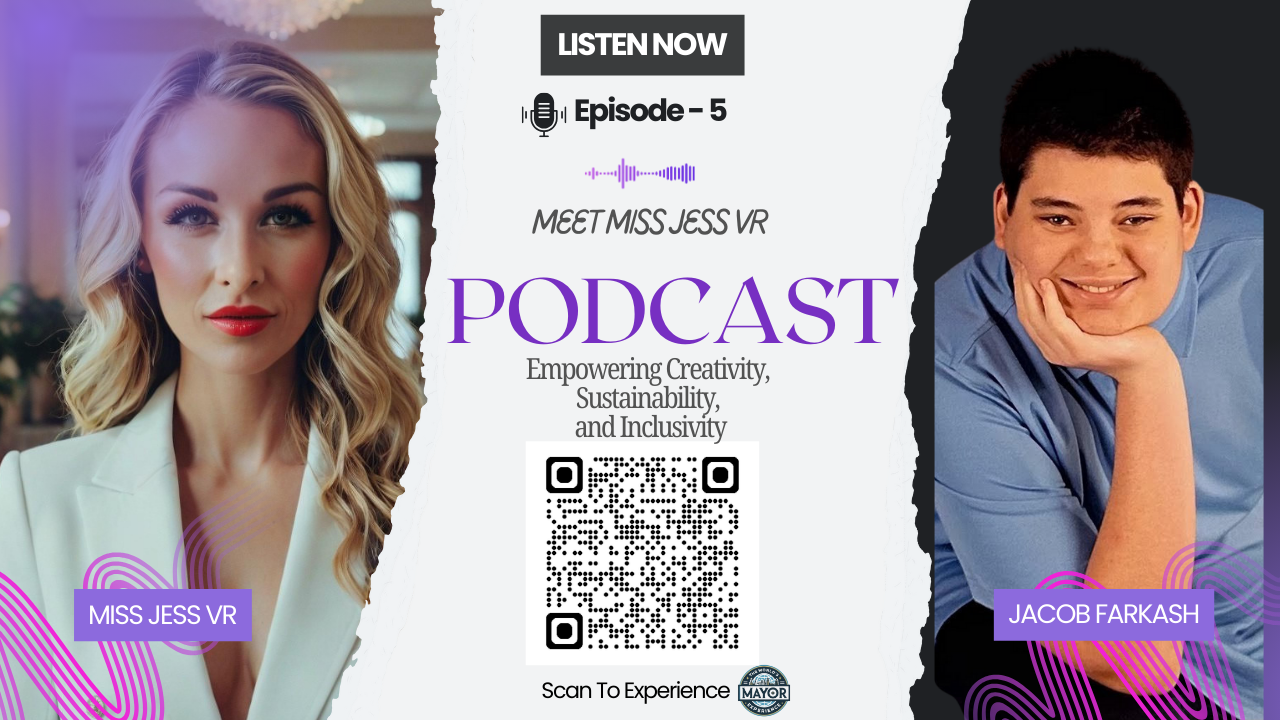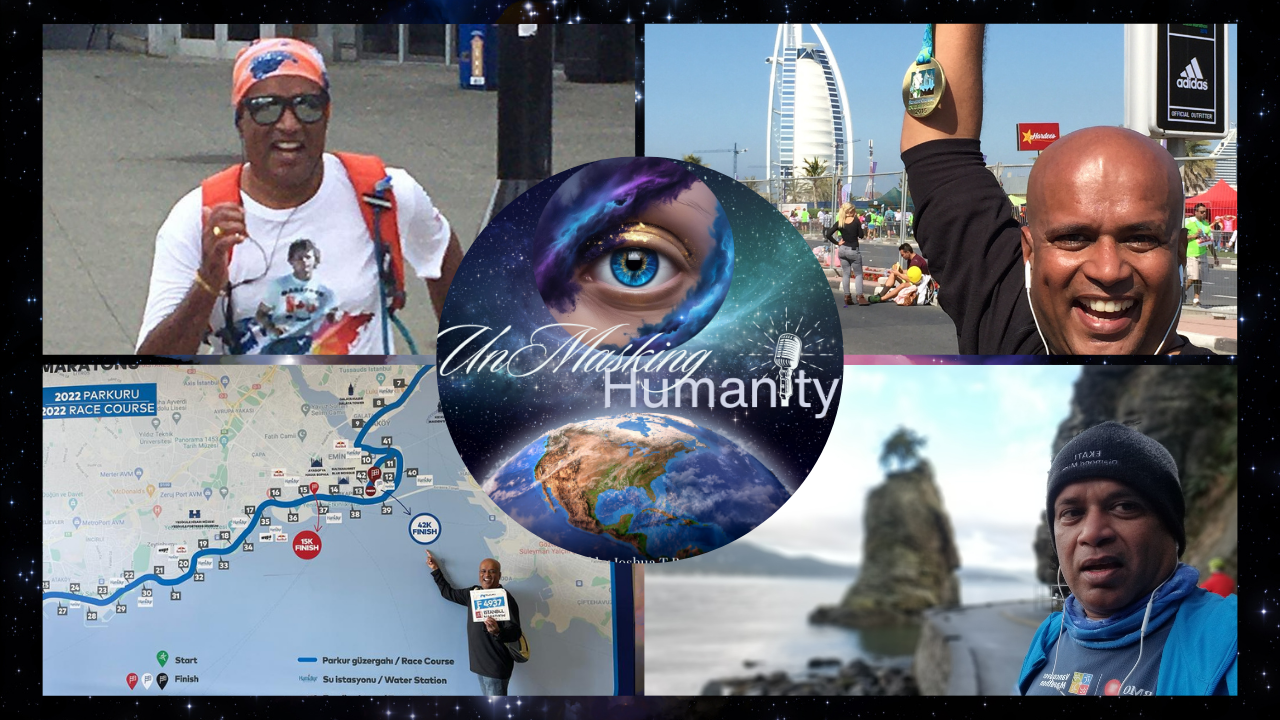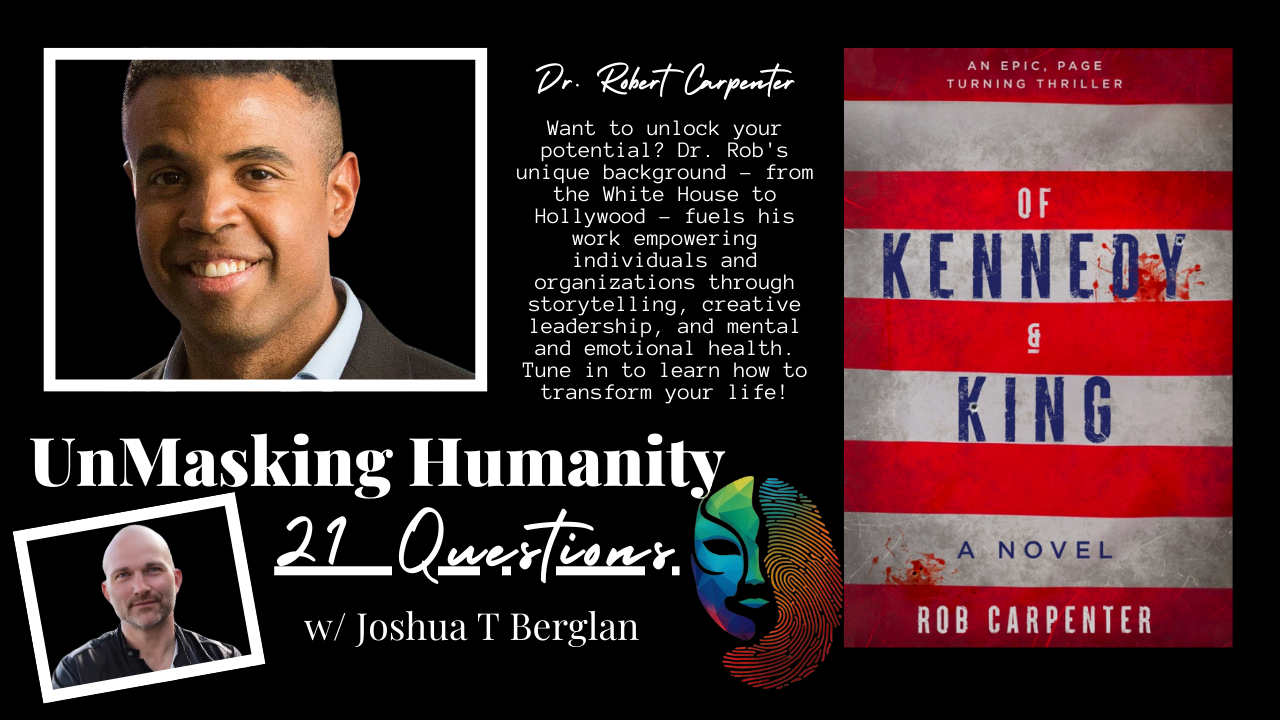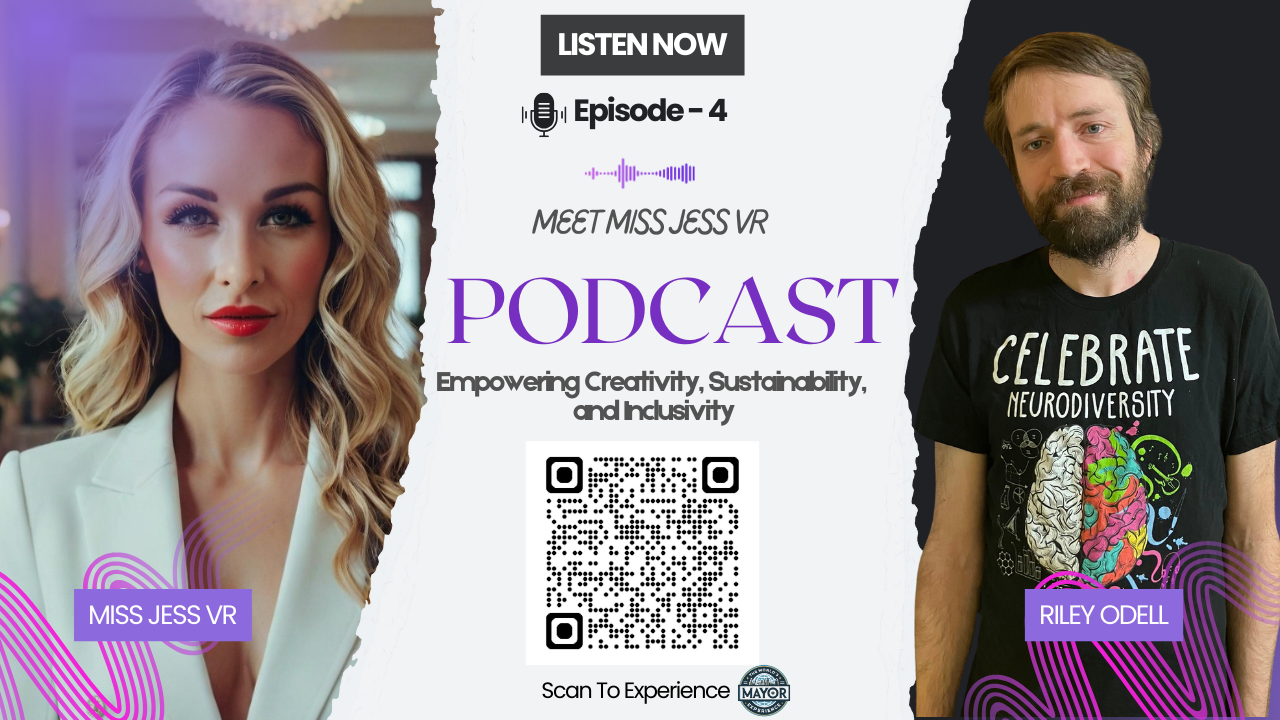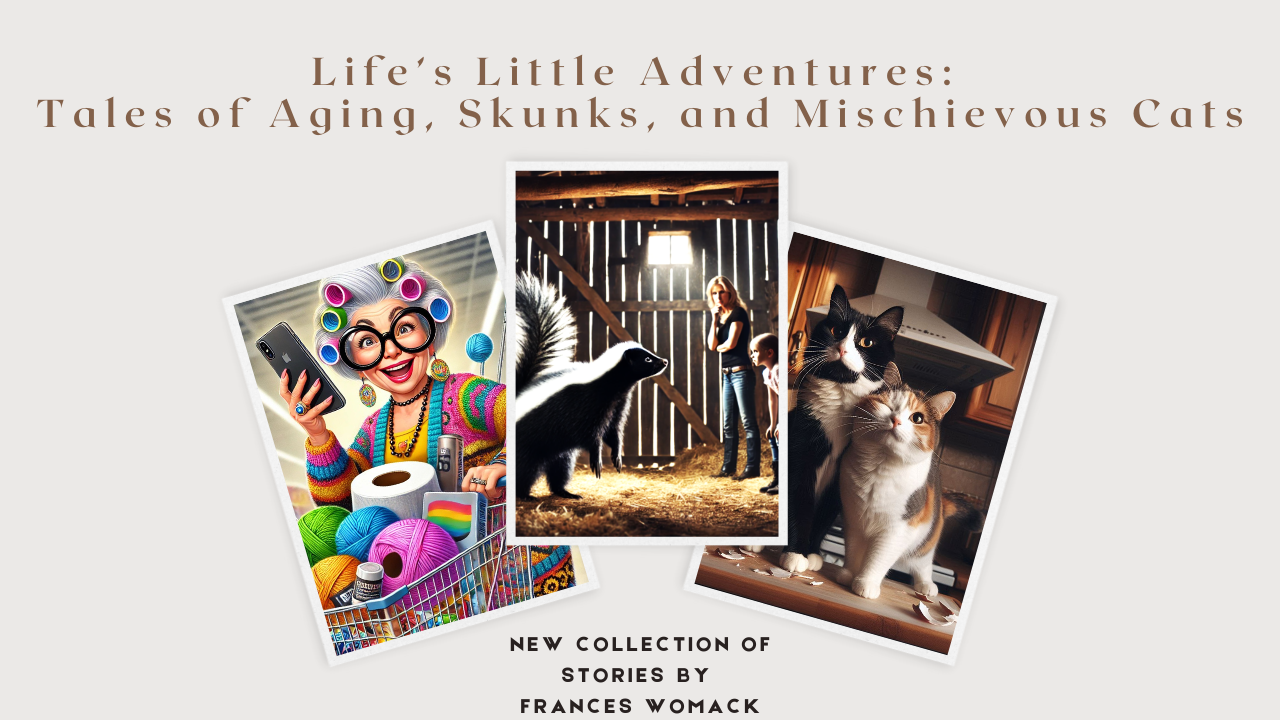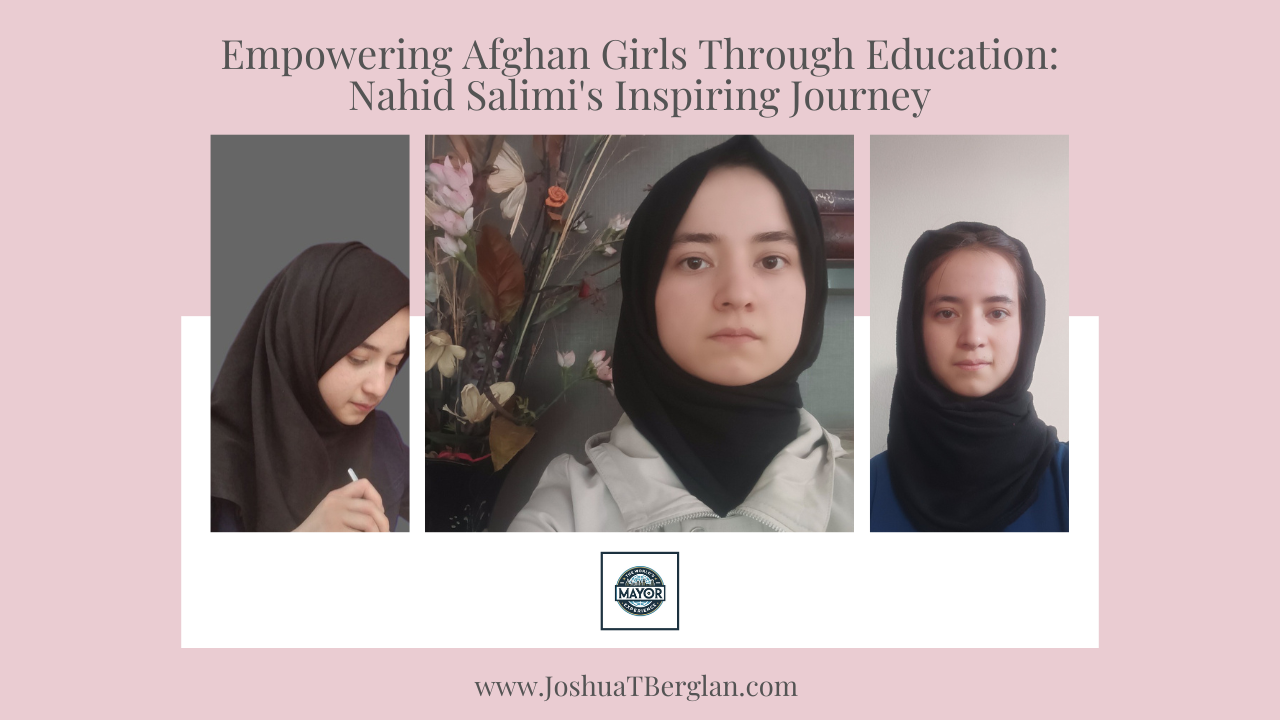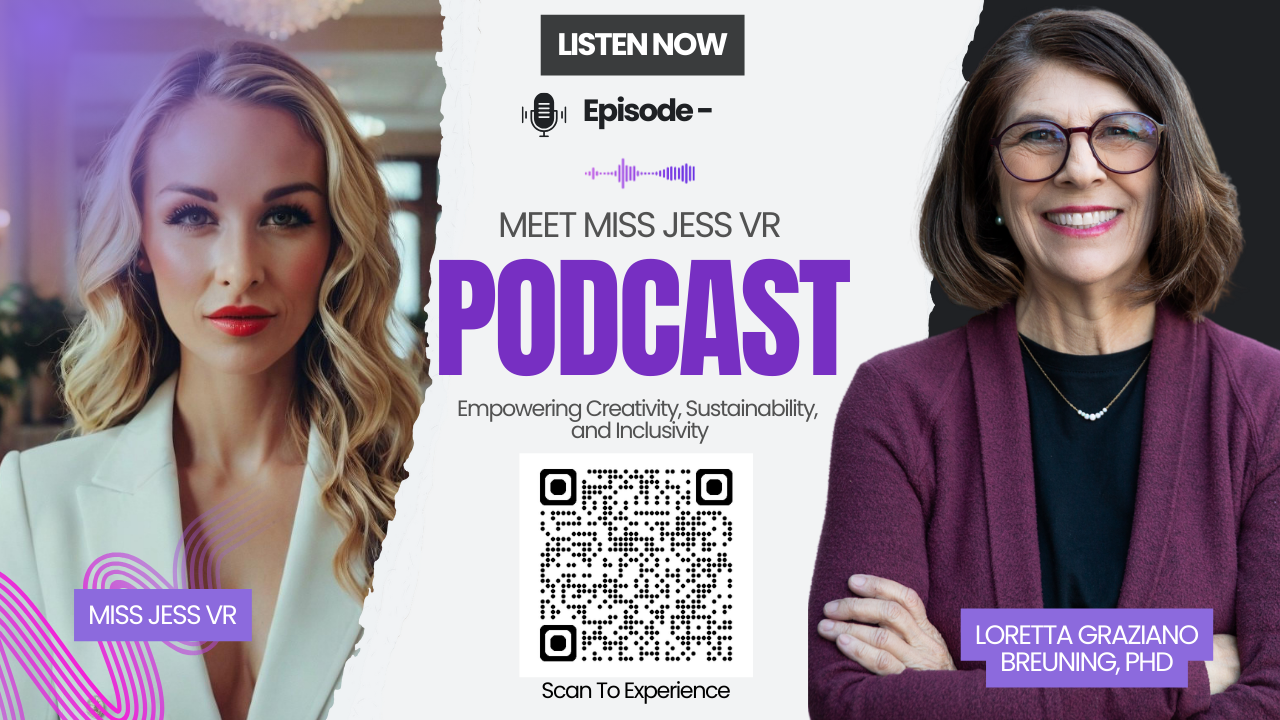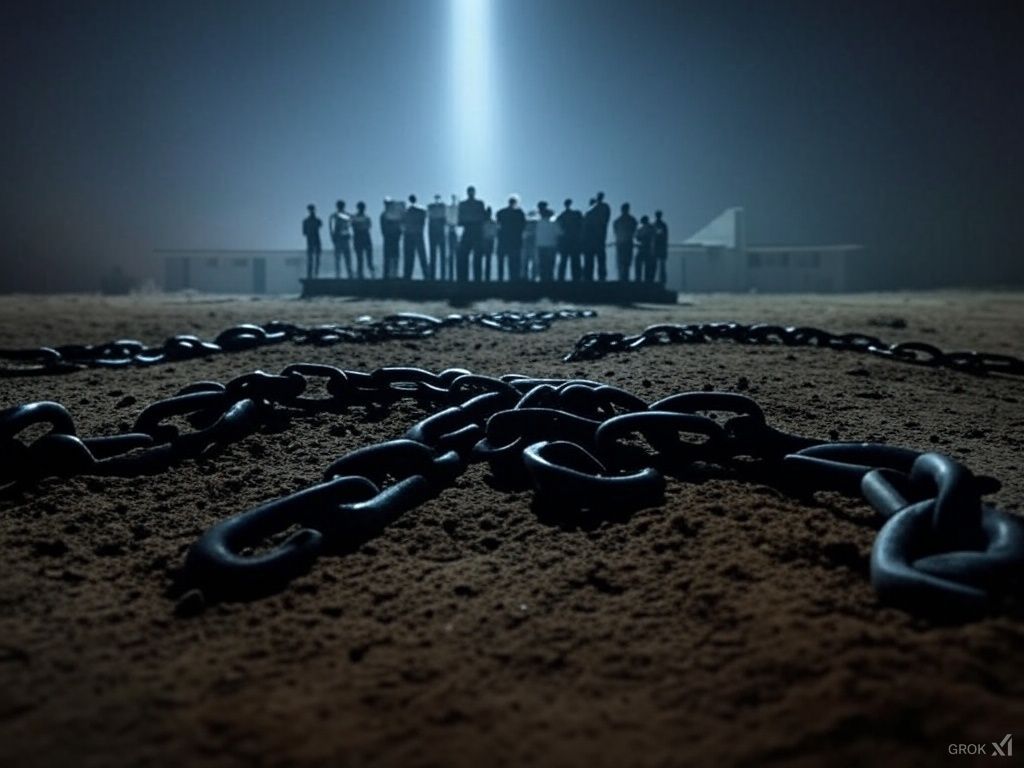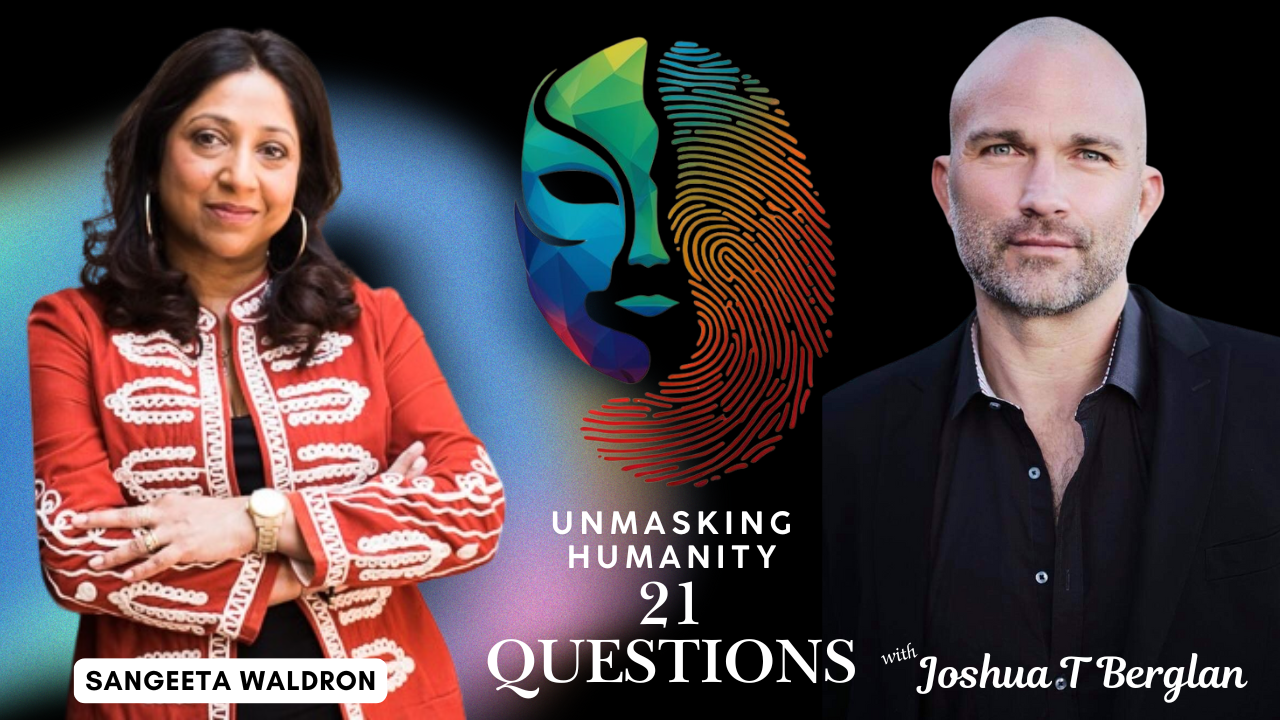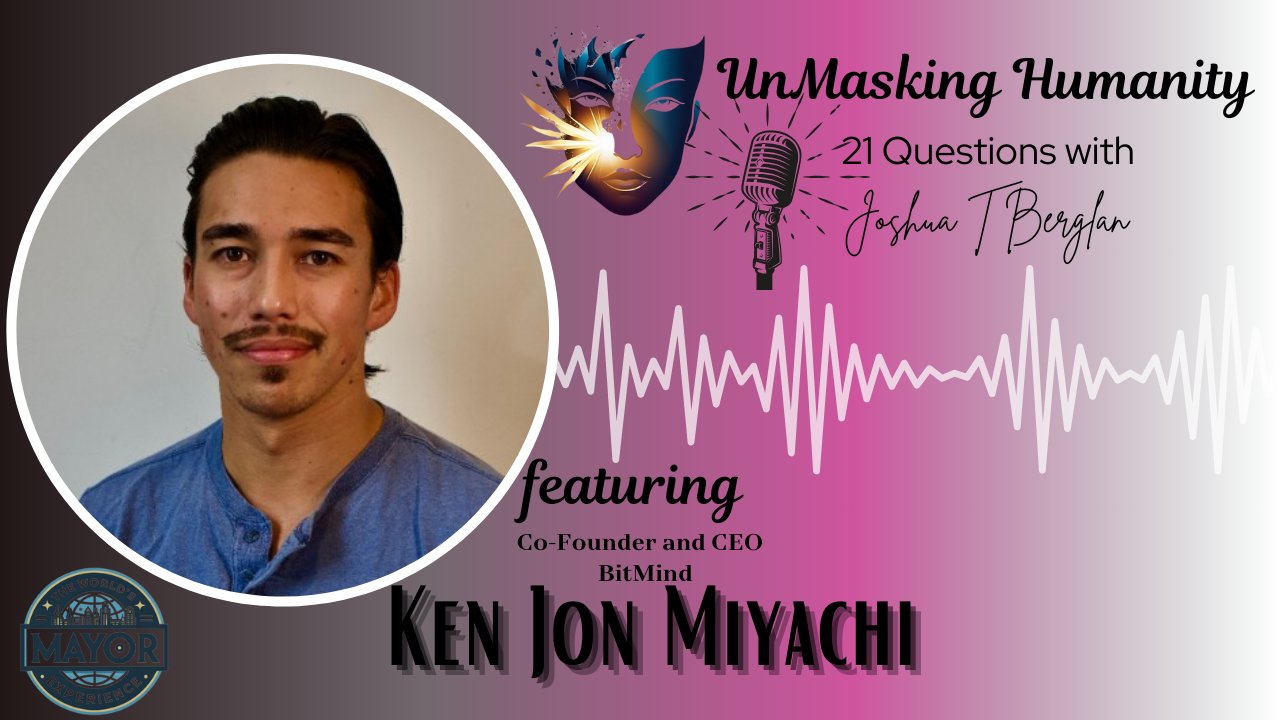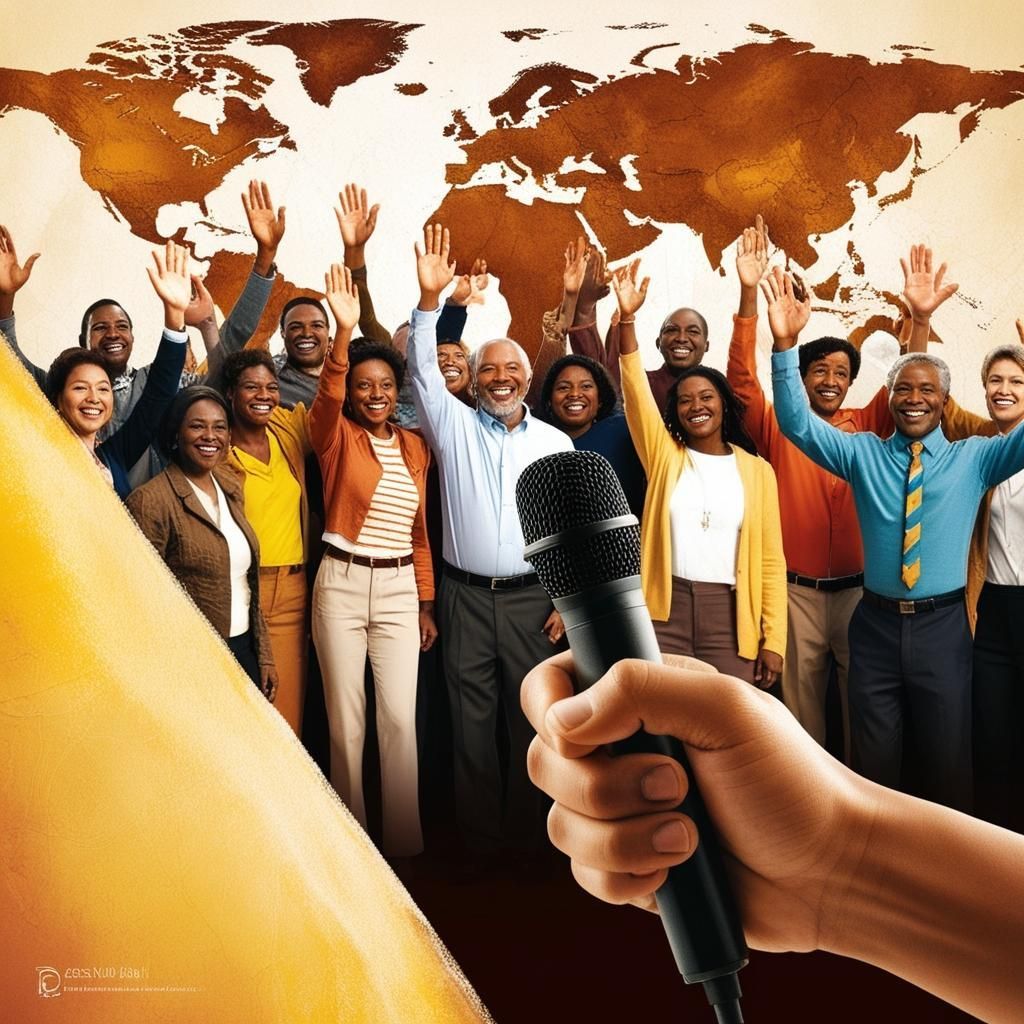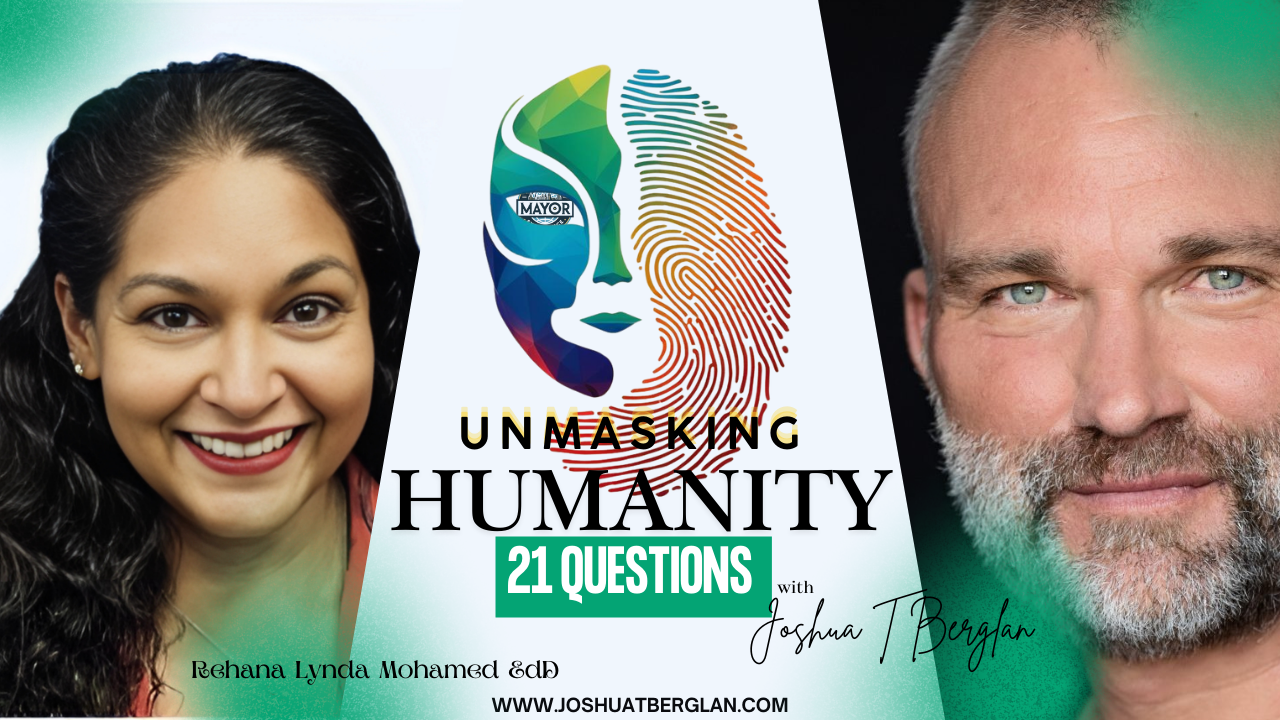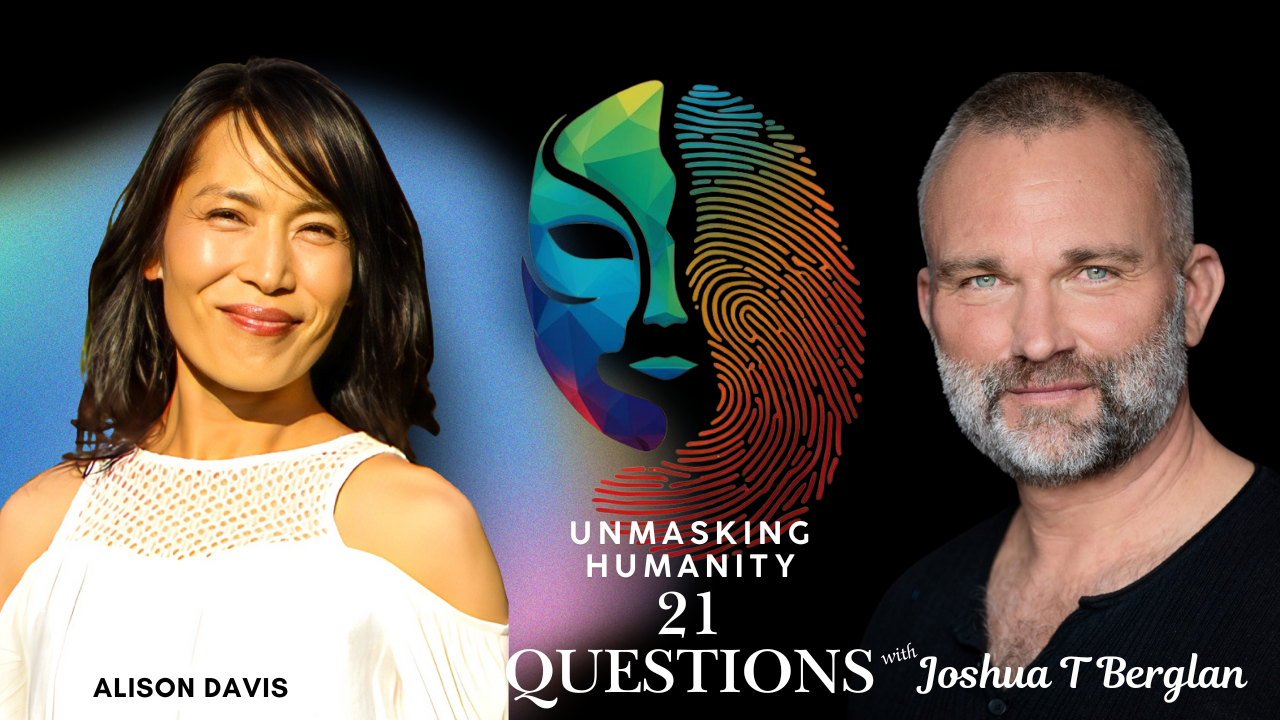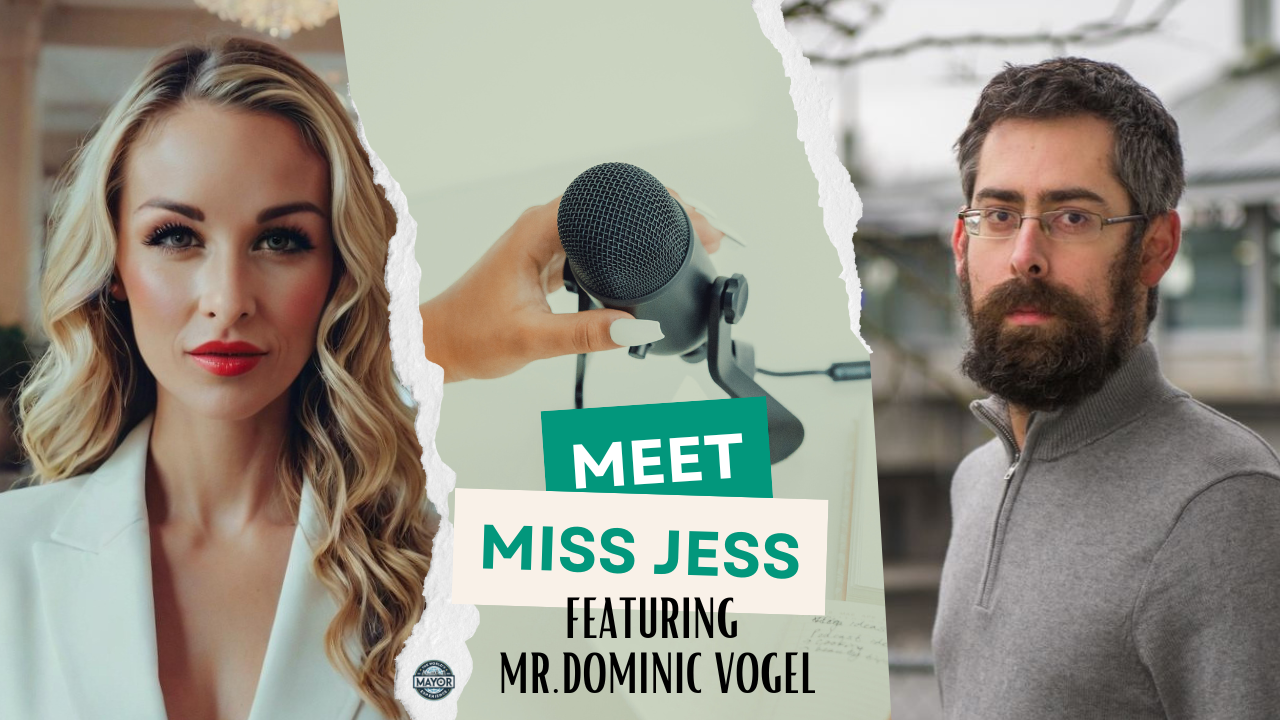We’re living in an era where disinformation is not just prevalent—it’s systemic. From the controversies surrounding past elections to the narratives shaping current events, the media landscape has become a battlefield. The casualties? Our trust, our unity, and our understanding of truth.
And the issue goes far deeper than just fake news. Local news outlets, which many assume to be more trustworthy, often echo the same talking points as large networks, backed by the same corporate funding. This isn’t just conjecture—studies reveal how media conglomerates wield power over both national and local narratives ( Pew Research Center, 2022 ).
Disinformation Is Baked Into the System
Disinformation isn’t just the result of foreign interference or rogue actors. It’s baked into the business models of media platforms that profit from division and outrage. Algorithms are designed to keep you engaged—not to show you the truth ( Nobel Peace Center, 2021 ).
This is why media literacy is no longer optional—it’s survival. Media literacy is about more than spotting fake headlines; it’s about understanding:
- Who funds the stories you see
- How algorithms decide what appears in your feed
- How narratives are crafted and perpetuated to drive profit
What Is Media Literacy, and Why Does It Matter?
Media literacy is the ability to critically analyze and evaluate the information we consume. But it doesn’t stop there—it also empowers us to create our own content and challenge existing narratives. Scholarly research shows that teaching media literacy can dramatically improve people's ability to detect and reject misinformation ( Journal of Media Literacy Education, 2020 ).
At The Bridge Media Literacy Centers, we’re committed to equipping communities with these skills. By fostering critical thinking and empowering individuals to tell their own stories, we’re paving the way for a media landscape rooted in truth and accountability.
What Can You Do to Fight for Truth?
Taking back control of the narrative starts with action:
- Learn to think critically about the media you consume.
- Question funding and motives behind the stories you see.
- Support initiatives like The Bridge Media Literacy Centers that aim to empower underserved communities.
As Albert Camus once said: “A free press can be good or bad, but without freedom, it will never be anything but bad.”
The Movement for Media Empowerment
At The World’s Mayor Experience, we’re inviting you to join this movement. Through workshops, books, and programs, we’re challenging disinformation, equipping individuals with media literacy tools, and amplifying voices that deserve to be heard.
Visit our platform today to learn how you can get involved, whether it’s attending a workshop, joining the conversation, or simply sharing the message.
The truth isn’t something you wait for—it’s something you fight for.

